
Week's balance: EU praises Ukraine's reforms, Cabinet sacks Ukrzaliznytsia CEO, National Bank lowers key rate to three-year low
The EU at a meeting of the Ukraine-EU Association Council noted reform progress and allocated assistance for the development of farming, the Cabinet changed leadership at Ukrzaliznytsia and the Social Insurance Fund, while the National Bank lowered the key rate to a three-year low – these are the week's main economic developments.
The outgoing week began with the sixth meeting of the Ukraine-EU Association Council, held in Brussels. Ukrainian Prime Minister Oleksiy Honcharuk, ministers, and diplomats arrived in the capital of Belgium. The key points voiced by the European partners were the unanimous support of Ukraine and the need to continue earlier launched reform.
The Council noted the ambitious plans of the Ukrainian government and confirmed continued assistance to Ukraine from the European Union. In addition, the strengthening of the political association, the economic integration of Ukraine with the European Union, and specific results along this path, such as the growth of bilateral trade, were positively assessed in a joint statement released following the meeting.
The Association's Council also noted Ukraine's success in stabilizing the macroeconomic situation, and also welcomed government steps taken to open the land market.
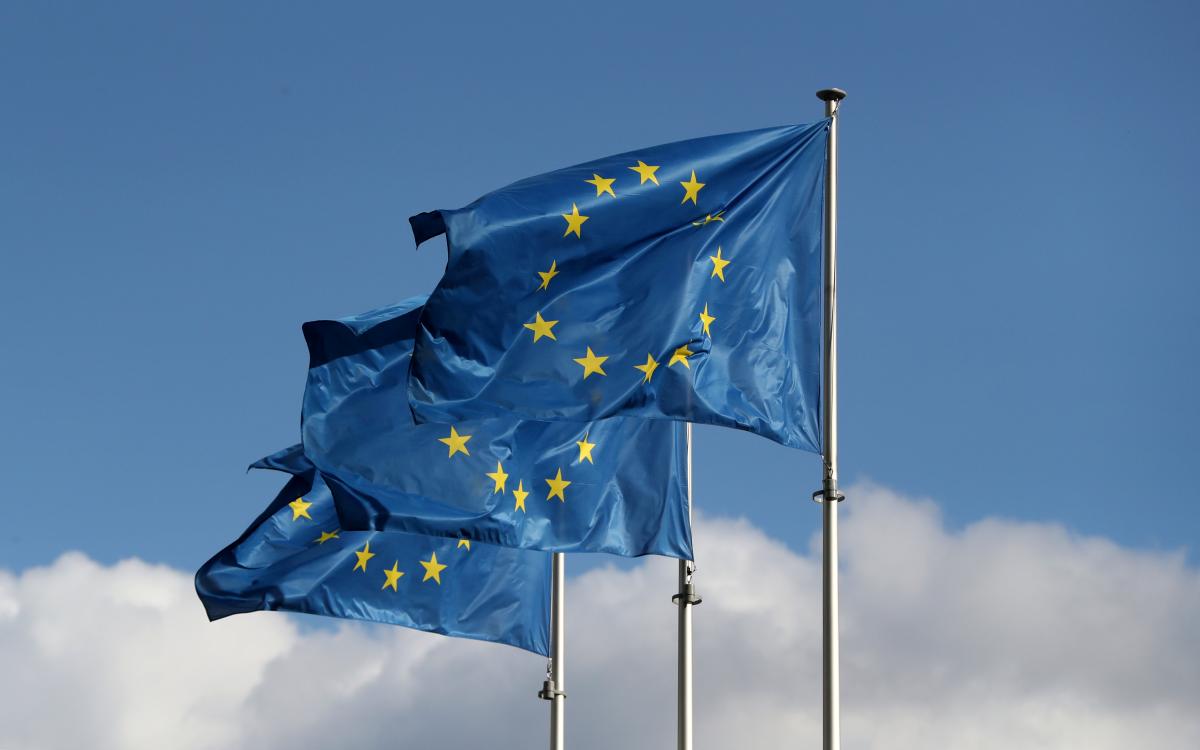
The European Union positively assessed the actions of the Ukrainian authorities in bringing national legislation in the field of digital economy closer to European law and confirmed readiness to continue supporting the country's digital transformation.
In addition to statements on support for Ukraine's European integration course, concrete results were achieved during the Council meeting. The Ukrainian government and the European Commission signed an agreement on the allocation of EUR 26 million for Ukraine to support agriculture and small farms.
During the event, Prime Minister Honcharuk said that Ukraine had fulfilled all the required conditions for concluding an Agreement on the so-called "industrial visa-free", which would simplify promotion of Ukrainian industrial products on the EU market.
"We expect that the EU will soon send a preliminary evaluation mission to Ukraine to assess readiness of infrastructure and legislation in Ukraine to start negotiations and eventually sign the ACAA (Agreement on Conformity Assessment and Acceptance of Industrial Products)," Honcharuk said.
Chinese Coronavirus: risks for Ukraine
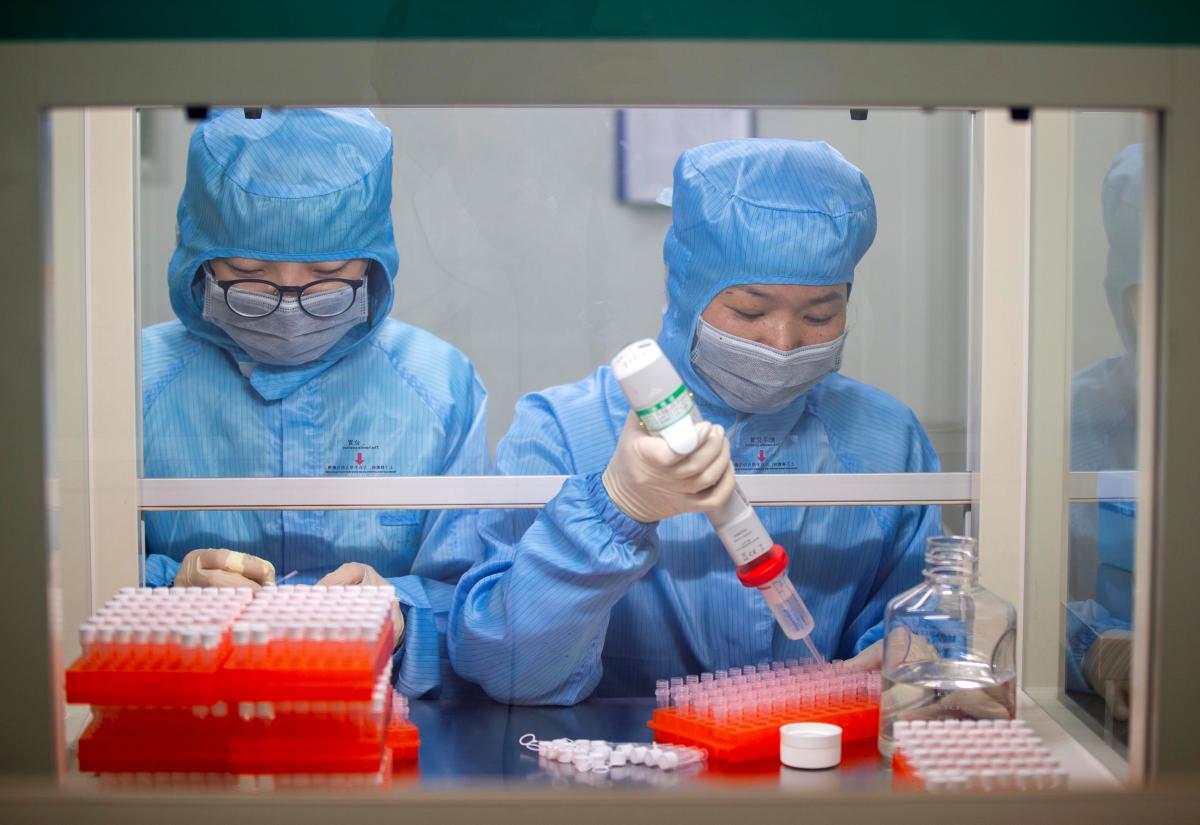
Throughout the week, the world has been watching disturbing news about the situation unfolding in China. As a result of the outbreak of a previously unknown strain of coronavirus, thousands of locals were infected, while the death toll has already exceeded two hundred, and keeps rising. Coronavirus cases have already been recorded in more than a dozen countries.
Global commodity and financial markets reacted to a growing panic by falling oil and metal prices, a collapse in stock indices, and rising eurobond yields in developing economies.
Ukraine was no exception and responded by increasing the yield of sovereign debt securities, as well as hryvnia depreciation. Although some experts note that the fall of the national currency in recent days is largely due to internal factors.
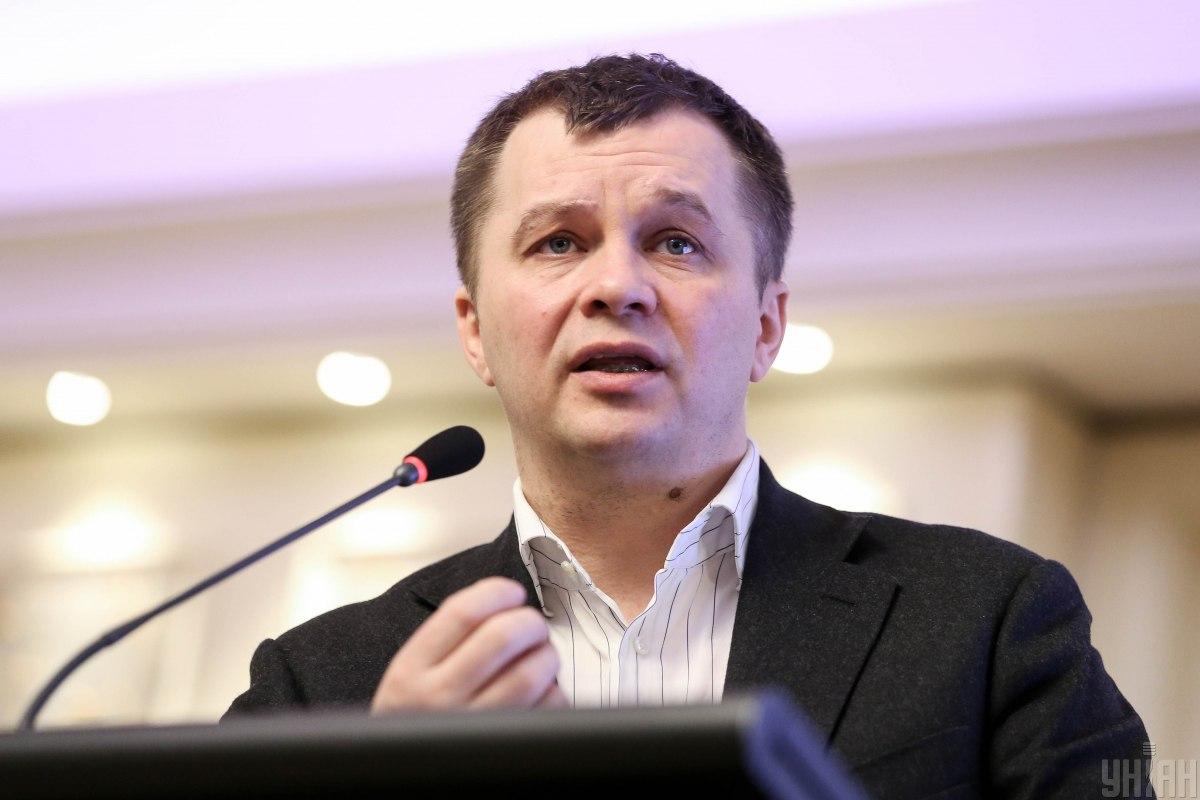
According to the Minister for Development of Economy, Trade, and Agriculture Tymofiy Mylovanov, the Ukrainian economy will not feel the negative impact of the developments in China, since it's the tourism industry that usually faces the first direct blow. Meanwhile, in Ukraine this sector accounts for only 2% of GDP.
The minister noted that, on the contrary, trade turnover with China, one of the country's largest trading partners, could further grow.
"We're not yet predicting a negative impact on trade. In fact, we took the opportunity to remove several trade barriers to exports from China, but this is unrelated to coronavirus. Therefore, we generally increase trade with China. This is good for the economy," said Mylovanov.
National Bank officials and experts polled by UNIAN speak about the minimal risks for the Ukrainian economy. Nevertheless, they emphasize that the government must keep its guard up because if a negative scenario comes into life, the Chinese coronavirus could cause serious damage to the global economy, which will inevitably affect export-oriented Ukraine.
"First of all, it will be the sectors of the Ukrainian economy working for export who will feel a negative effect – the agricultural sector and metallurgy ... Foreign currency earnings will decrease, which will negatively affect budget and employment," said Anatoly Amelin, director of economic programs at the Ukrainian Institute of the Future.
Head of the corporate analysis unit at the ICUGgroup, Oleksandr Martynenko, says if the situation further worsens, for Ukraine this could be fraught with a decrease in export earnings, further increase in the trade deficit, as well as a rise in the cost of external borrowing.
Currently, there are no confirmed cases in Ukraine, but this is in no way a reason to relax. In the meantime, the Ukrainian authorities announced that the only carrier operating direct flights to China suspended them starting February 3.
Ukrzaliznytsia CEO dismissal
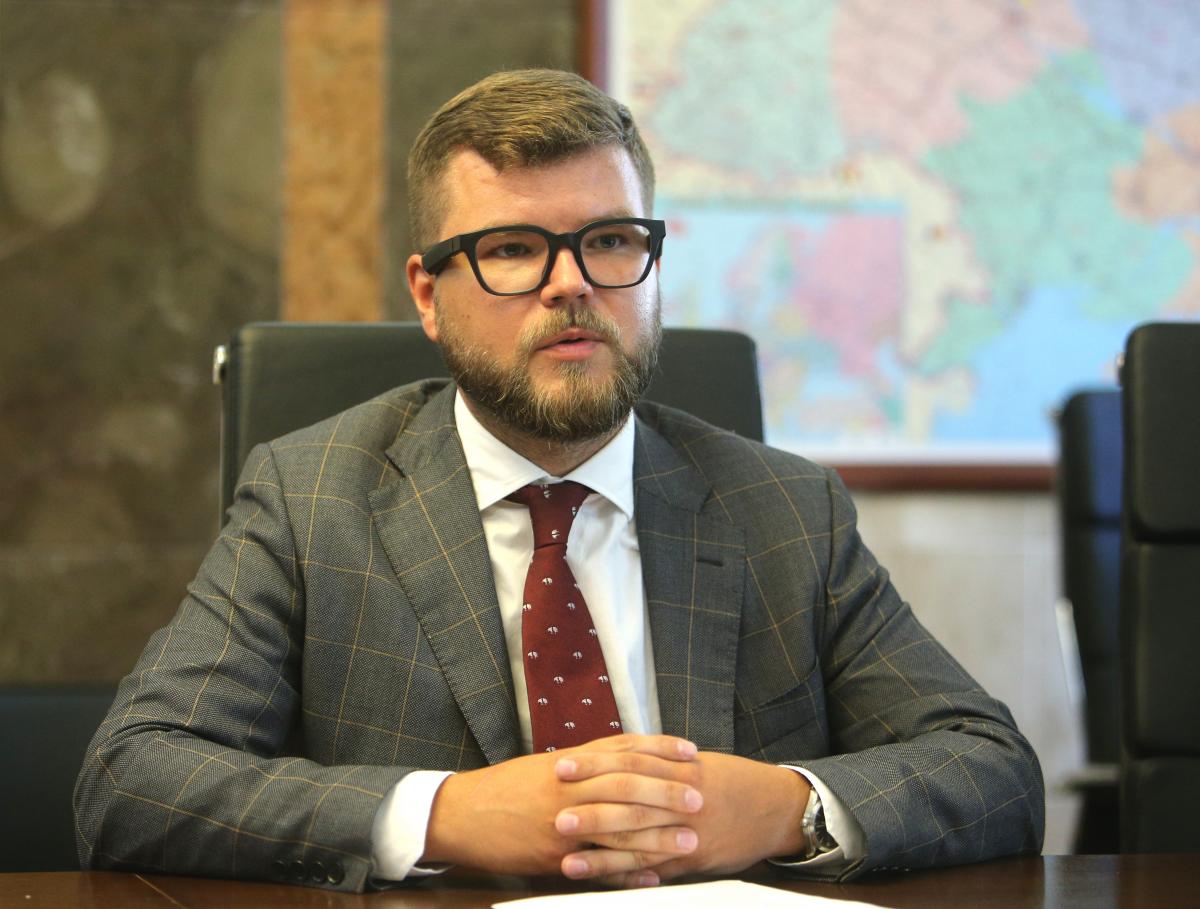
Last week, almost a month after the head of Ukrzaliznytsia Board, Yevhen Kravtsov, filed a submission for contract termination, the Cabinet of Ministers finally dismissed him.
Commenting on the move, Prime Minister Oleksiy Honcharuk noted that this is an important step for the reload in the state-owned company, and competition will soon be announced to select a new CEO. In the meantime, the company will be temporarily led by board member Željko Marček.
It's worth noting that this procedure required prior approval of the national railway carrier's Supervisory Board. Kravtsov earlier stated that the Supervisory Board had no formal grounds for voting for his dismissal since almost all KPIs had been fulfilled ahead of schedule and predictably. In this regard, Kravtsov believes the company is obliged to pay him "considerable" compensation for early termination of the employment contract.
It is unclear though what kind of KPIs Kravtsov meant as experts claim the operating situation of the company started to deteriorate, while cargo transportation volume dropped.
Moreover, it doesn't take to be an expert to realize that quality change in various segments should become the main indicator of the company's true transformation. But, except the launch of an express railbus to the capital's Boryspil Airport, Ukrainians didn't notice any positive shifts, still forced to ride obsolete trains, receiving low-quality services.
Another leadership change over the past week occurred at the Social Insurance Fund. The government approved Olena Duma for the post of head of the Executive Directorate. Her appointment was being approved for months amid resistance of opponents of severing old graft schemes.
Key rate cuts, improved forecasts
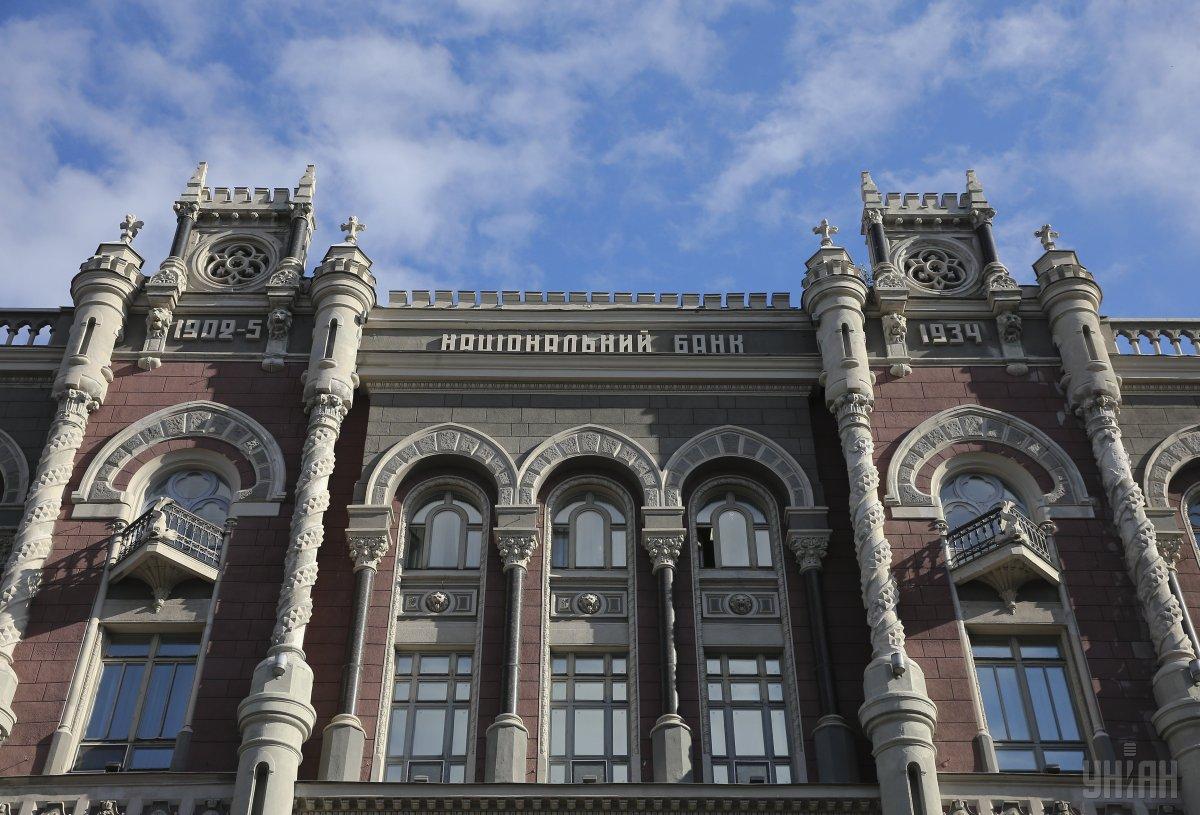
This week, the National Bank held a board meeting on monetary issues, which brought a number of important news to the market. In particular, the regulator continued the cycle of monetary policy easing and reduced the key rate by 2.5 percentage points to a three-year low of 11%. The key rate is being lowered for the fifth consecutive time – this happened in December, October, September, and July last year.
Speaking about the prospects, the National Bank announced plans to accelerate the discount rate lowering to 7% by the end of 2020.
Minister for Development of Economy, Trade, and Agriculture Tymofiy Mylovanov, the decision of the National Bank to reduce the key rate to 11% should positively influence the development of the country's economy.
The important news was the regulator's revision of inflation and GDP growth forecasts. In particular, the NBU lowered its forecast for consumer price growth in Ukraine in 2020 to 4.8% from 5% previously expected, whereas the forecast for 2021-2022 remains unchanged – at 5%.
"Hryvnia strengthening had a decisive influence on the rapid deceleration of inflation at the end of 2019, offsetting the effects of fairly strong consumer demand," the NBU said.
The National Bank also retained its forecast for GDP growth this year at 3.5%. The projection for 2021 remains unchanged at 4%.
At the same time, the central bank improved its balance of payments forecast by raising the expected surplus in 2020 to $3.2 billion from the $0.6 billion previously forecasted.
Another positive piece of news was the NBU report on improving its forecast for international reserves of Ukraine at the end of 2020 to $29.3 billion from $24 billion projected earlier. The National Bank expects the further rise to $31.6 billion and $32.3 billion in 2021 and 2022, respectively.
As explained by the head of the NBU, Yakiv Smolii, the better forecast for reserves is due to the expected sale by Naftogaz on the interbank market of $3 billion received from Russia's Gazprom in line with the Stockholm Arbitration award.
Another source of replenishment of NBU reserves would be the receipt of a tranche from the International Monetary Fund under a new cooperation program, funding from the World Bank and the European Commission, as well as revenues from the eurobond placement by government.
In the first week of February, while many Ukrainian schools will be shut down for quarantine, the Verkhovna Rada will resume its plenary work and, possibly, pass a law on land reform. Ukraine and the world as a whole will closely monitor the situation with coronavirus, hoping that doctors and researchers will be able to install a reliable barrier to curb this threatening disease.
Oleksandra Danko

